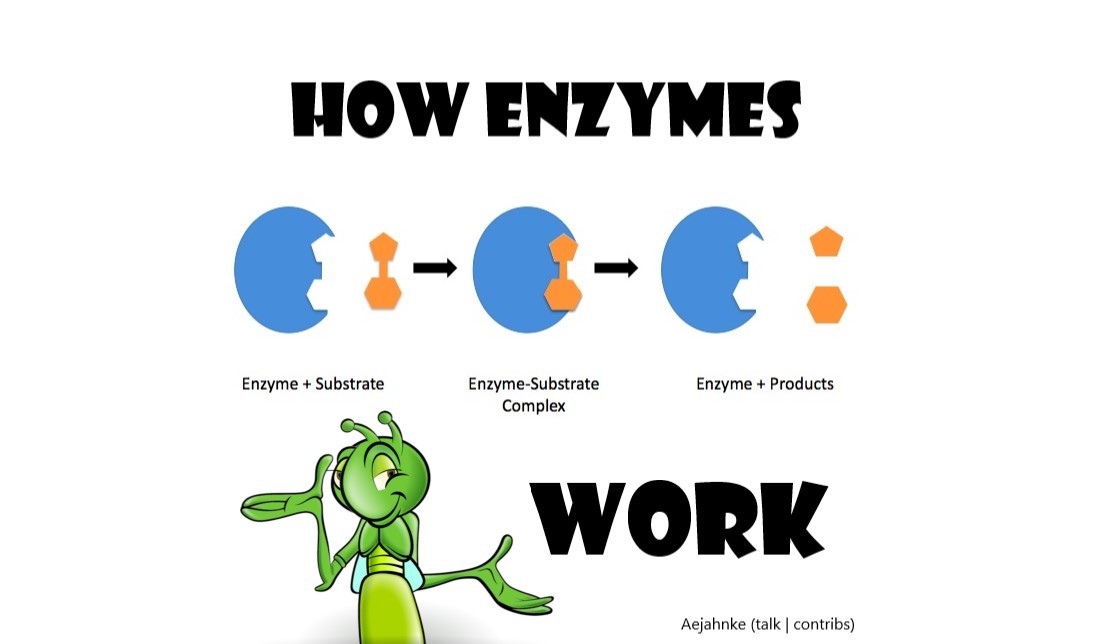No offense intended (I have this OCD thing with words and meaning), but if this were true, science could not have existed before peer reviewed journals, science fairs wouldn’t really be science fairs, etc. Publishing a paper doesn’t make the work done before publishing suddenly gain the name of “science” once it’s published. Publishing merely allows critique and attempts at duplication of the “scientific” study to help confirm or disprove its conclusions.
Science is simply the study of nature and gathering facts to determine what is true or false about the natural world. The word gets loosely thrown around a bit in society lately to mean things it doesn’t.
In the same way, I’d guess there are some scientific experiments and published studies on the results of using enzymes to treat pool water? If so, then it’s certainly ok to critique those studies and point out their flaws and label their conclusions wrong if you can do so logically. In fact, doing so is an inherent part of advancing scientific knowledge, but to say that the experiments and conclusions are not science isn’t accurate.

Science is of course a process, and all the steps before publication is of course part of it. And process and standards evolved of course over time.
But the current standard is that scientific results need to be published, peer-reviewed and peer-reviewed scientific journals. There are also other publication channels to complement this, like presentations at scientific conferences which allows deeper discussions between peers. But these presentations usually include writing an article first that will be published in the conference proceedings.
You can follow all other steps of the scientific process, but if you shy away from presentation in accepted journals, hindering the peer-review process, you will have a hard time getting accepted in the scientific community. That's the process now. To put historical developments into today's context is not an easy task.
I only started chiming in, because 1poolman1 claimed "Haven't yet seen a scientific, peer-reviewed article in a mainstream scientific, or pool industry related (I read at least three), journal that recommends the TFP method of pool care".
Yes, there might not be a publication that explains what "Trouble Free Pool Care" is and discusses all steps in one publication. But as far as I can see, all of Chem Geeks work here is backed by publications he has been citing here. And the main pillar of TFPC, the FC/CYA relationship which is based on O'Brien's and other's work, he published himself. He didn't call it TFPC, and he had to put it into a public pool context, accepting regulations applicable in these settings like limits for free chlorine or CYA.
And yes, I agree that it might be a good idea for the moderators/admins of the forum to collect all of the relevant scientific publications and cite them in a central forum location, dig them out of the gazillions of posts and threads.
And I also agree that anecdotal evidence has its place here (discussed in The Deep End, not being sold as the ultimate truth) and can trigger discussion and further investigation. Ben's work essentially started based on experience, was picked up by Richard and backed with science.
But I am very cautious about pouring potions with unknown contents into my pool just because someone claims it fixes a certain problem, without explaining how.
All that Matt asked for are references to scientific publications discussing enzymes in pool water. Not just articles in industry magazines.




